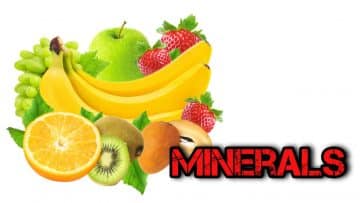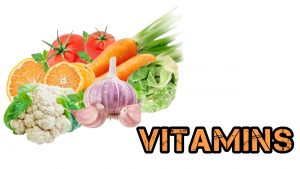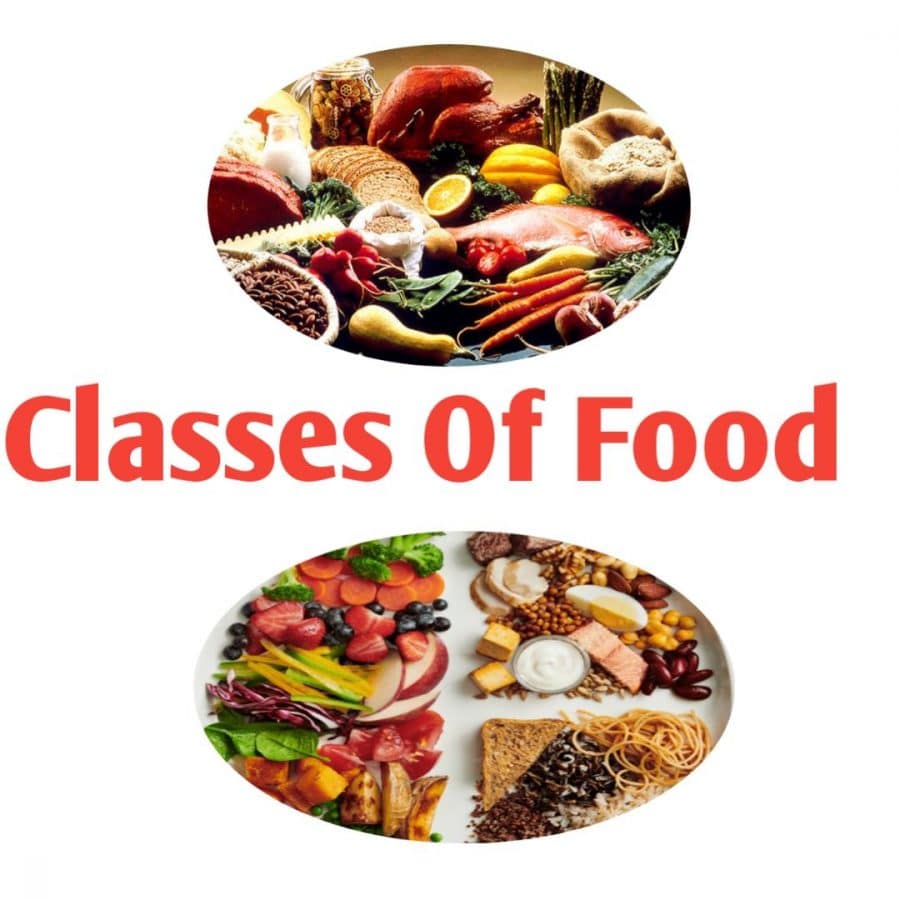You are what you consume. That is why it is vital to eat healthily. Fortunately, science can help with this.
Are you aware that the food you consume every day can be divided into groups according to their nutritional properties and values? Yes, there are seven major classes of food based on their nutrient properties. Keep reading to know what they are.
Here are the seven main classes of food and their functions:
1. Carbohydrates
- Examples: Rice, bread, yam, maize, cassava, potatoes.
- Functions:
- Provide energy for the body.
- Fuel physical activities and brain function.
2. Proteins
- Examples: Meat, fish, eggs, beans, lentils, soy, milk.
- Functions:
- Build and repair body tissues, including muscles and organs.
- Produce enzymes and hormones.
3. Fats and Oils
- Examples: Butter, margarine, avocados, nuts, oils (e.g., palm oil, olive oil).
- Functions:
- Provide a concentrated source of energy.
- Insulate the body and protect vital organs.
- Aid in the absorption of fat-soluble vitamins (A, D, E, K).
4. Vitamins
- Examples:
- Vitamin A (carrots, spinach) for vision and immunity.
- Vitamin C (oranges, peppers) for skin and healing.
- Vitamin D (sunlight, fish) for bone health.
- Functions:
- Regulate body processes.
- Support immunity and promote overall health.
5. Minerals
- Examples:
- Calcium (milk, cheese) for strong bones and teeth.
- Iron (spinach, liver) for blood formation.
- Potassium (bananas) for muscle function.
- Functions:
- Build and strengthen bones, teeth, and tissues.
- Maintain fluid balance and support metabolic processes.
6. Water
- Examples: Found in beverages, fruits, and vegetables.
- Functions:
- Regulates body temperature.
- Aids in digestion and nutrient transportation.
- Flushes out toxins and maintains hydration.
7. Fiber (Bonus Class)
- Examples: Whole grains, fruits, vegetables, legumes.
- Functions:
- Aids digestion and prevents constipation.
- Supports heart health and controls blood sugar levels.
These food classes work together to maintain a healthy body. A balanced diet includes all these classes in the right proportions.
Discover the 7 main classes of food—carbohydrates, proteins, fats, vitamins, minerals, and water—and their essential functions for energy, growth, and overall health. Learn how a balanced diet supports your well-being.
Carbohydrates:
Carbohydrates are energy-giving nutrients found in rice, glucose, maize, and other starches. Some sources of carbohydrates are unhealthy while some others are healthy.
The healthy sources include vegetables, fruits, beans unprocessed or slightly processed grains. On the other hand, unhealthy sources of carbohydrates include pastries, white bread, sodas, and extremely processed and polished foods.
Proteins:
Proteins are bodybuilding nutrients found in meat and dairy products. Protein encompasses of extraordinary quantity or amount of energy and vitality. This energy can be gotten from the meat we eat.
As a result of this energy derived from meat, it is appropriate that youngsters, pregnant and lactating women, and those recuperating from injury consume meals that hold a high amount of protein.
Interestingly, 16% of the body’s weight is derived from protein, therefore a good portion of protein should be present in every meal. It will help the body to work appropriately.
Fats:
Fats are found in nuts and fruits like avocados. Fat and oil are classically defined and gathered together, they are usually grouped. Fats can be considered as solid or semi-solid triglycerides - fatty substances, while oil is clear liquids.
Fats and oil are knowingly obtained from plants and beings and they are one of the three important classes of food other than proteins and sugar.
Fiber:
These are necessary for digestion and are found in fruits and vegetables. This class of food is uncommon but very important.
Mostly, it aids in food digestion, upholding body shape and weight. It also prevents deadly illnesses and diseases.
Minerals:

Iron supports your red blood cells and hormone creation, while zinc increases the strength of the immune system and helps in wound healing.
Vitamins:

Those who consume fewer fruits and vegetables and those who have digestive difficulties, on the other hand, may need to take a vitamin supplement to avoid or reduce a shortage. You can also check out our article on vitamins needed for healthy teeth here
Water:
This is used in the creation of bodily liquids and is found in fruits and other liquids. You can survive for basically a long period without food, but you can't last more than a couple of days without water.
It is the primary component that the human body is made up of. About 62% of the human body weight is water.
FUNCTIONS OF EACH CLASS OF FOOD
Carbohydrates:
- One of the main functions of carbohydrates is to provide your body with energy.
- Carbohydrates Support muscle preservation
- They Promote Digestive Health
- They also Influence Heart Health
Proteins:
- Protein is a major source of energy. If you consume more protein than a necessity for body tissue preservation and other essential functions, your body will use it for energy.
- Protein is a major element in the transportation of certain molecules. For example, hemoglobin is a protein that transports oxygen throughout the body.
- Protein forms antibodies that help prevent infection, illness, and disease.
- They are required for body growth, care, and health to aid the body to develop hormones, antibodies, and other important components that also require protein.
Fats:
- They support the creation of cells and help in muscle growth. Being a major source of energy, fats, and oil is essential for human nutrition.
- Fat and oil serve as powerful anti-inflammatories, they lower the risk of arthritis, Alzheimer's disease, and cancer.
Vitamins:
- Vitamins are vital for the prevention of infections. Vitamins are fundamental for solid vision, skin, and bones.
- Vitamins reduce the chance of lung and prostate cancer, and they’re effective cancer prevention agents.
- Vitamins like vitamin C boost the safe basis and offer help to the body's recuperation process.
Minerals:
- Minerals support the body.
- They are important for somebody's functions including building rock-solid bones and teeth.
- Minerals control your digestion and help in remaining properly hydrated.
- They help in strengthening bones and assist with nerve signal transmission.
Water:
- Water expands the capacity of your cerebrum and advances your disposition. In the body, it serves as a protector and an ointment.
- It also aids in the flushing out of poisons.
- Water helps with the delivery of vitamins to cells, the hydration of the body, and the prevention of clogging.
- It also aids absorption, body temperature regulation, reproduction, food transit, oxygen transport, and other chemical concerns in the body.
- Water helps in circulating nutrients, oxygen, blood, and other fluid. When taken, it improves brain function, flushes toxins, and boosts body energy.
Conclusion
So when next you are taking something into your body, watch out for these classes of food and remember their vital functions.
Don’t forget to share your thoughts in the comments section below!

